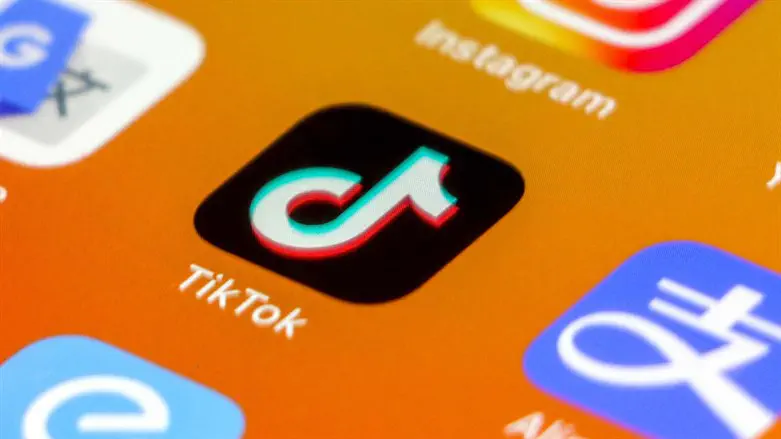
TikTok on Monday filed an emergency request with the US Supreme Court to block a federal law that would ban the platform in the United States unless its China-based parent company, ByteDance, agrees to sell it, The Associated Press reported.
Lawyers for TikTok and ByteDance urged the justices to intervene ahead of the law’s January 19 deadline. A similar request was filed by content creators who rely on TikTok for income, along with some of the app’s more than 170 million US users.
“A modest delay in enforcing the Act will create breathing room for this Court to conduct an orderly review and the new Administration to evaluate this matter — before this vital channel for Americans to communicate with their fellow citizens and the world is closed,” the company’s lawyers told the Supreme Court.
On Friday, a US federal court rejected TikTok's request for a temporary freeze on the law, which was passed in April.
The legislation was part of a series of moves in the US aimed at limiting TikTok. Last February, the White House gave government agencies 30 days to ensure they do not have TikTok on federal devices and systems.
In addition, several states and cities have restricted TikTok on government devices, including the state of Montana, which passed a bill banning the app across the state, and New York City, which banned TikTok on government-owned devices in August of 2023, citing security concerns.
President-elect Donald Trump, who previously supported a TikTok ban but later pledged during his campaign to “save TikTok,” indicated that his administration would review the matter.
As you know, I have a warm spot in my heart for TikTok,” Trump said during a news conference at his Mar-a-Lago club in Florida, as quoted by AP.
Trump reportedly met with TikTok CEO Shou Zi Chew at Mar-a-Lago on Monday, according to two individuals familiar with the meeting who spoke on condition of anonymity.
If the Supreme Court does not intervene, the law will take effect on January 19, subjecting app stores offering TikTok and internet hosting services supporting it to potential fines. Enforcement would fall to the Justice Department, which could investigate violations and impose sanctions. However, TikTok’s lawyers suggested that Trump’s incoming Justice Department might delay enforcement or lessen the law’s harshest effects. Trump is set to take office a day after the law goes into effect.
